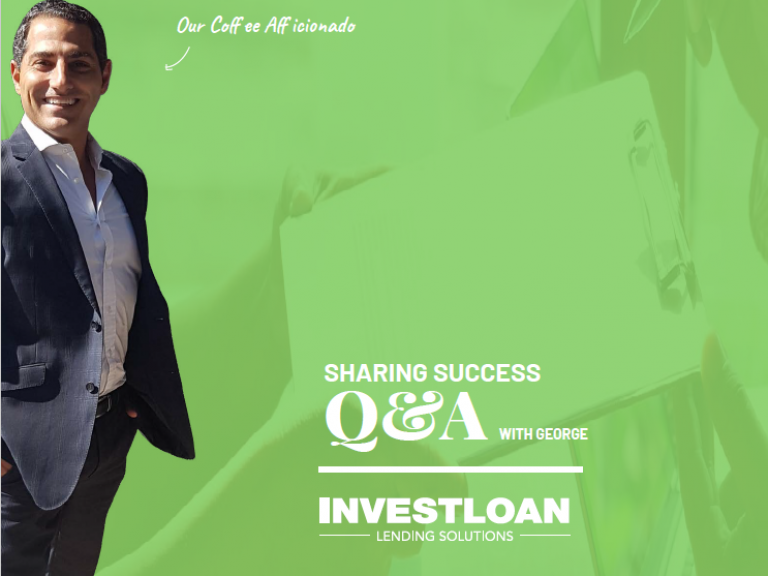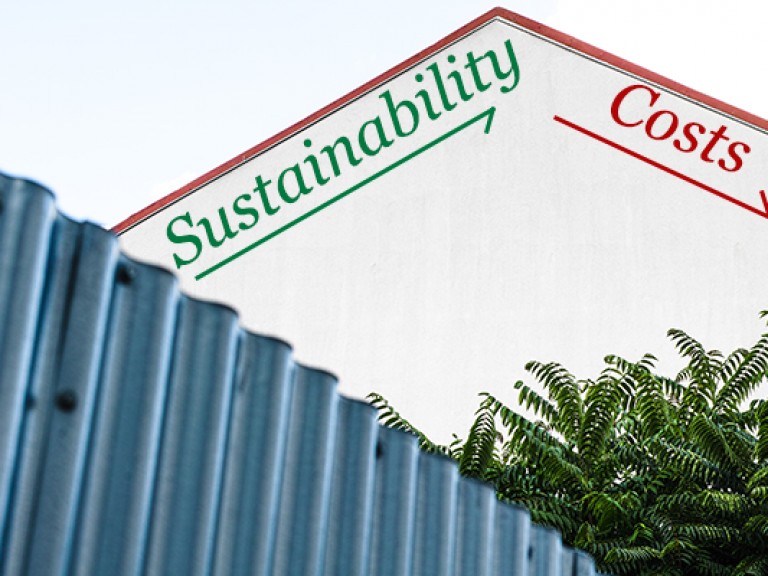
OPM: Other People’s Money. It’s a big part of what Success from Scratch is all about. There’s mortgage money and then there’s partner money. Partnering is often attractive to individuals who may have money and want to invest in a project but don’t necessarily have the time or expertise to find or initiate projects themselves.
Potential partners may be friends, business associates, the general public (if you advertise), vendors and other people in the real estate industry. There may be some tremendous opportunities to partner on any given acquisition, provided you have identified something with intrinsic value that you can crystallise within a specified (ideally, relatively short) period. This is what attracts partners – the possibility of seeing a return that is ‘sure’ (based on your exit strategy going in) and, even better, swift. They put in money, you put in work and know-how, and you all split the profits.
Vendor partnering
If the vendor has no debt on the property and it has potential for development (as vacant land, or a property that requires some expertise to develop), you could put the following proposal to the vendor:
• The vendor puts up the title, that is, allows the property to be used as security for borrowing the finance for development.
• You arrange first mortgage funding from the bank for the development of the property.
• You take care of all the necessary approvals and development and on-selling.
• You share the profits with the vendor in an agreed way. For example, you might pay a premium for the property but only pay it on settlement of the sale of the finished development. Alternatively, you might add to the purchase price a percentage of the profits on the sale of the finished development. Personally, I prefer the first option, as it gives vendors their incentive up front and allows you to reap any excess profits.
I often find that farmers and elderly people prefer this means of exiting their property as it allows them to get the value of the highest and best use of their property rather than selling it to a developer as a development site. Sometimes people don’t want to develop their property themselves because they purchased it prior to 1985 and it is, therefore, free of capital gains tax (CGT). If they developed it themselves, they would have to pay CGT on part of the development profits. But if they sell it under a partnering agreement whereby their share derives from the price they get for the land (as a premium) they can optimize their tax-free gains on the property. If the general concept of partnering is acceptable to the vendors, I suggest you ask your solicitor to write to the vendors’ solicitor to discuss the contractual implications. You may proceed with a mortgage or joint venture agreement, or both but let the solicitors handle the details.
Advertising for partners
If you have offers in on several projects, among which you think there are some good opportunities to crystallize a short-term profit, you might consider advertising for partners. As this sample advertisement reads, you’re in the pilot seat to control the development. You’re looking for a silent partner who puts up the money (equity) while you do the work. In this case, you are looking for one partner with $100,000 – the equity you need to carry out the project.
The partner may put that $100,000 in on a second mortgage when you settle the property and recoup with profit when you have brought the property to its highest and best use and resold. There’s no standard document or participation terms and conditions to this type of deal but it’s by no means uncommon. I’ve done lots of silent partnering and joint venture deals of this kind, and the basic point is that the investor should get a preferential return on their money, say 10 percent per annum, or a little above bank rates.
You can split the profits 50/50: agreeing on costs, and producing a profit and loss accounting for the project at its conclusion. Alternatively, you can agree to give the investor a flat bonus on completion: this could be anything from 15–50 percent of the projected profits – depending on the deal, the timing and how concrete your exit strategy is. Again, get a mortgage or joint venture contracts drawn up by a competent solicitor.
Promoting yourself
If you’ve been following the program so far, you’ll already have business stationery and a selection of draft advertisements promoting yourself as an investor looking for opportunities and/or partners in ventures. If you want to take this a step further, you might do up a small flyer or brochure publicising yourself as an investor and developer who is always interested in hearing from potential partners. Circulate it your friends, business colleagues, and contacts in the industry.
>>> Coming Next: Syndication
Please note: This is an extract from the Success From Scratch – it may not contain the exercises from the full version of the book/audioset, for full version please contact us or follow our blog for more.
Thank you,
The team@Custodian








